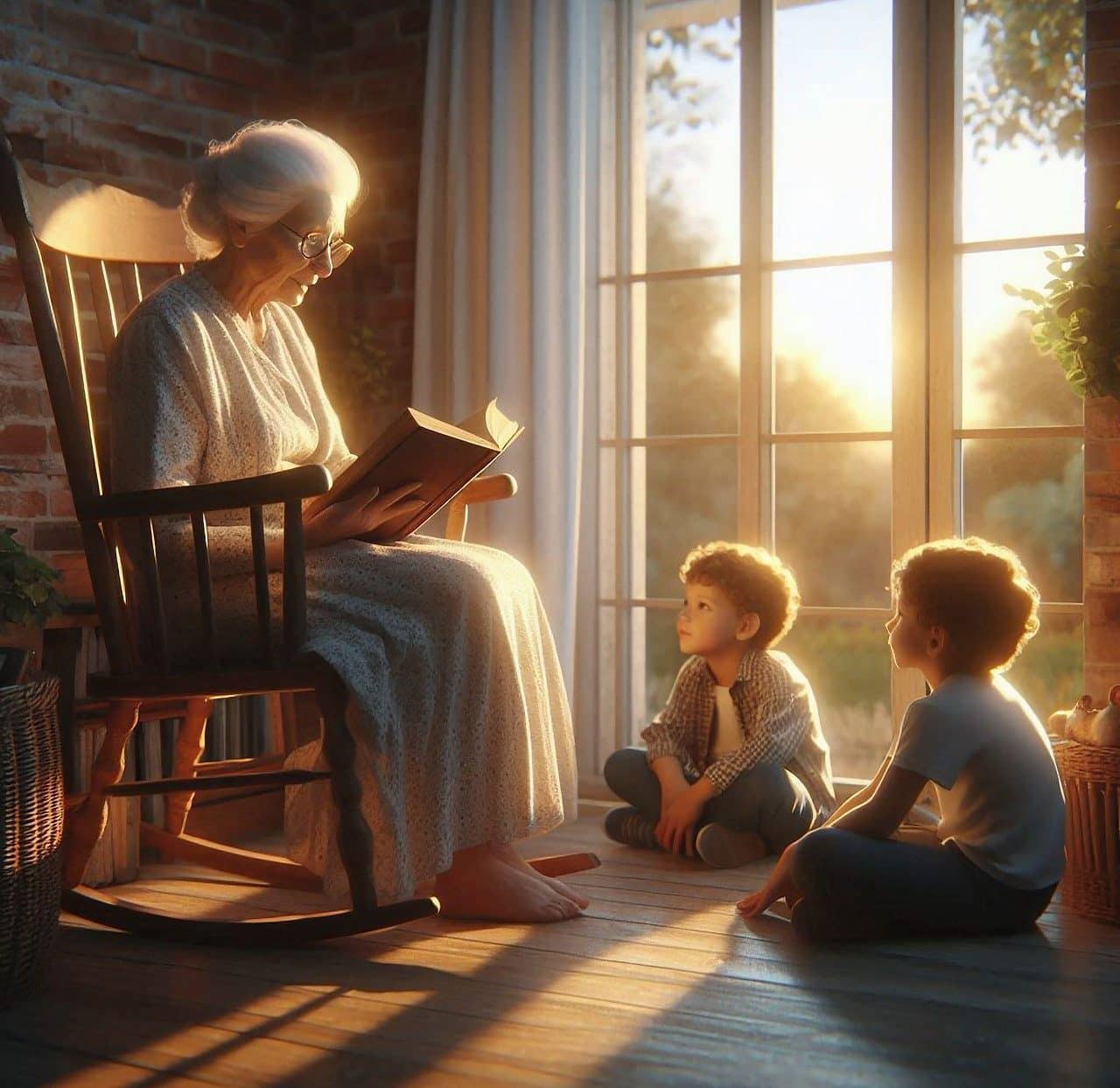
Children, young people and adults have the right, without exception, to receive education.
Adult education is a segment of the educational field that, specifically, aims to instruct young people and adults about an immense variety of disciplines. It is taught and access to it is facilitated on an international scale so that all human beings, regardless of whether or not they have received formal education in their childhood or adolescence, have the chance to have instances of learning throughout life. .
The process of acquiring knowledge, an essential issue for personal development and key to having opportunities in the labor market , includes spaces for non-formal, formal and informal education . In this framework, multiple tools, techniques, resources and strategies are used to guarantee the adult population its right to education .
It should be noted that on Argentine soil, more precisely within the province of Buenos Aires , on November 27, 1973, the Provincial Directorate of Adult Education was created. In memory of this, Adult Education Day is commemorated year after year on that date.
Characteristics of adult education
Adult education finds its basis in andragogy , since it requires special practices, principles and methods to guarantee the success of the training process.
Both for online education sessions or face-to-face classes and for conferences , seminars and webinars with a mixed format (blended), the teachers or professors in charge must adopt dynamics and tactics that allow them to achieve the objectives set at the beginning of the cycle or course.
The alternatives of self-directed learning and experiential learning are usually taken into account, without failing to know or take advantage of the benefits of the guided approach or the exploratory approach .
The collaborative learning style is also beneficial since it stimulates the accentuation or development of social skills , promotes commitment and responsibility, enhances motivation to add knowledge, etc.

Seniors and older adults can learn through in-person classes or virtually by using distance education.
Guys
Adult education is being achieved through multiple types of formats, channels, orientations and specialties.
Meetings between students and teachers usually take place, in person, in adult education centers or within public schools during the night shift.
It is also common for adult literacy to happen in homes thanks to home classes . Individual school support classes may also be received in private homes.
There are, likewise, educational training programs for adult people deprived of their liberty (in these cases, the teaching takes place in prisons or on the property where someone is serving house arrest ) and learning within clinics or hospitals for adults that are located boarding schools.
Nor should we overlook that those of legal age have plans and initiatives available to attend or complete primary, secondary and/or university school . In order to guarantee access to continuous or permanent education , modular curricular structures that are flexible and open to the needs and possibilities of each student are usually designed. As we ensure that no one feels excluded and we seek, without exception, to provide a quality response to all those who want to study even if they are in the last stretch of their existence, gerontagogy and inclusive education for adults .

Knowing how to read and write, grandparents can share reading days with their grandchildren, make loving dedications or letters on paper and help them with their schoolwork, for example.
Importance of adult education
Education for adults is necessary and important for the fulfillment of individual goals, to promote social inclusion and so that they can have theoretical bases that are essential for the world of work. It also gives independence and strengthens self-esteem, which is why it is possible to achieve empowerment through education . Someone with a desire for self-improvement and interest in studying after having formed their own family feels satisfaction and pride in demonstrating (and proving to themselves) that they are making progress in educational matters .
Language training and artistic education for adults are two specific examples of training that invite people to stay active and incorporate knowledge as they move into adulthood. It is even exciting to witness grandparents who, at an advanced age, manage to write and/or read their name or date of birth for the first time after taking lessons related to the alphabet and numbers.
Nor should you interrupt your study even if you have completed university and have the privilege of having a source of employment because it is always vital to modernize, update your knowledge and be competitive and suitable at a professional level. Take advantage of training in the workplace or take financial education courses (or another specialty) on your own initiative, adapt to the management of social networks , attend community workshops with the purpose of translating what you have learned into a personal venture and never stop The role of apprentice/student/student, whatever the area, topic or discipline chosen, is the most convenient.
